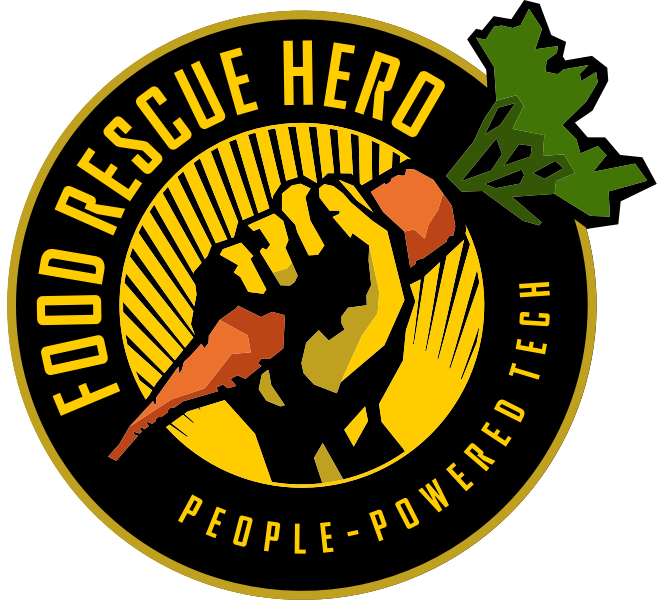Food recovery is a complex but highly effective way to address multiple systemic problems by reinventing a local food system. We hear lots of conversations about why food rescue, but precious few about how. There are a multitude of unique challenges and opportunities presented when scaling food recovery, since time is of the essence when diverting perishable food from getting wasted. Nearly as important, the food needs to be paired uniquely with people who can use it right away.
This conference brings together the people on the ground doing the work every day to learn from each other, talk about trends, get actionable information, and problem solve topics and issues uniquely relevant to food recovery. A Food Rescue Conference gives stakeholders an opportunity to share ideas and create community, connections and foster collaboration.
The model of food recovery and redistribution not only enables access to healthy food, but it allows us to bring food to where people already are—overcoming barriers to food access like transportation and time. 80% to 90% of the food recovered is fresh: produce, meat, dairy, bread, and more.
Food recovery contributes to upcycling, like creating beer, smoothies or meals from surplus food, and distributing “unsellable” produce in CSA programs.
Zero Waste and Zero Hunger initiatives uniquely benefit from food recovery activities as well, which attracts a broad array of stakeholders, activism and policy change makers to the table to discuss the future of food rescue.
While the 2023 Food Rescue Conference is virtual for the general public, we hope in the future to be able to bring together the food recovery community in person to learn from each other and continue to grow the transformative work we are all doing!
Why Food Rescue?
Food Rescue is an investment into our future. Rescuing good food about to get thrown away uniquely addresses the climate impact of food in a landfill, provides expanded access and food within reach, and chips away at the chronic health conditions plaguing society by enhancing not just food security but nutrition security.
According to the United Nations, if we recovered all the food that is lost or wasted, we would have enough to feed all those who are hungry, four times over.
That’s because we waste a lot of food—up to 40% of our food globally, while 1 in 10 people go hungry every day. Even worse, food waste is an environmental problem. Food production uses 10% of the energy budget, 50% of the land and 80% of all freshwater consumed in the United States. According to the Environmental Protection Agency, over 97% of food waste generated ends up in a landfill.
What’s unique about food recovery?
Food recovery is the “and” not the “or,” working to fill the gaps by getting retailers and other consumer facing businesses to 7 day a week fresh rescue. Furthermore the influx of fresh food requires expansion of access sites greatly enhancing food access and putting food within reach of more families and individuals who are experiencing food insecurity. The thousands of volunteers rescuers represent a growing network of people who intimately understand the connection between ending food waste and ending hunger. They are the consumers who support the businesses making a commitment to zero waste and sustainability.

